 Toni Šćulac | Faculty of Science, University of Split - Croatia
Toni Šćulac | Faculty of Science, University of Split - Croatia
Toni was born and lives in Split, Croatia where he works as an associate professor at the Faculty of Science, University of Split.
He started working for the CMS experiment at CERN in 2015 as a part of his PhD studies. In 2018, he successfully defended his PhD thesis at Ecole Polytechnique (Paris, France) and University of Zagreb (Croatia).
His main expertise are studies of electron identification and Higgs boson physics. In 2020, he became a convener of the group that studies Higgs boson decays to two Z bosons.
During his studies, Toni attended CSC in Madrid in 2017 and tCSC in Split in 2018. Since he became associate professor in 2019 he already mentored several Bachelors and Master’s thesis and already co-supervised a PhD thesis. While continuing to develop as a scientist his main passion is mentoring students.
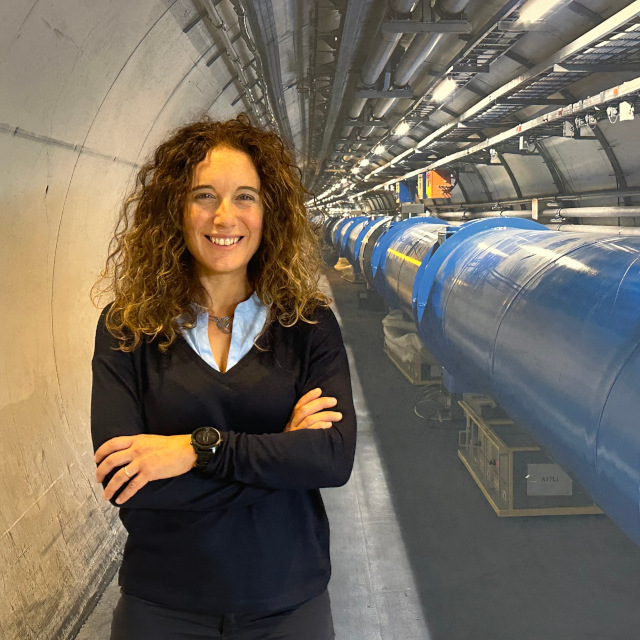 Sofia Vallecorsa | CERN
Sofia Vallecorsa | CERN
Sofia is a researcher in the fields of Scientific Computing, Machine Learning and Quantum Computing with applications in High Energy Physics at CERN. PhD in Physics, she has expertise in Machine Learning and Deep Learning. Currently, she focuses on the intersection between AI and Quantum Computing. She is the coordinator of the CERN Quantum Technology Initiative, leading a team dedicated to the investigation of the potential impact of quantum technologies in High Energy Physics.
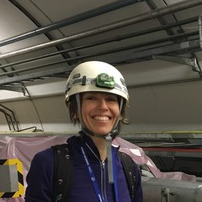 Verena Kain | CERN
Verena Kain | CERN
Accelerator physicist by training
Since 2022 leading the "Data Science for Beam Operation" section in the Beams Department at CERN
Leading the CERN accelerator sector Machine Learning and Data Analytics Community Forum as well as the accelerator sector AI strategy task force
2018-2022: responsible for the performance of the Super Proton Synchrotron (SPS) and Low Energy Ion Ring (LEIR) and leading the teams operating these two synchrotrons
2014-2022: physicist in charge for the SPS with significant contributions in the field of new slow extraction techniques; responsible for the commissioning preparation and organisation of 6 CERN accelerators after the LHC Injector Upgrade during CERN Long Shutdown 2. Introducing ML/AI to the control room.
2007- 2013: LHC engineer in charge during LHC run 1.
PhD in accelerator physics on the LHC injection system, design of transfer line collimation and machine protection system.
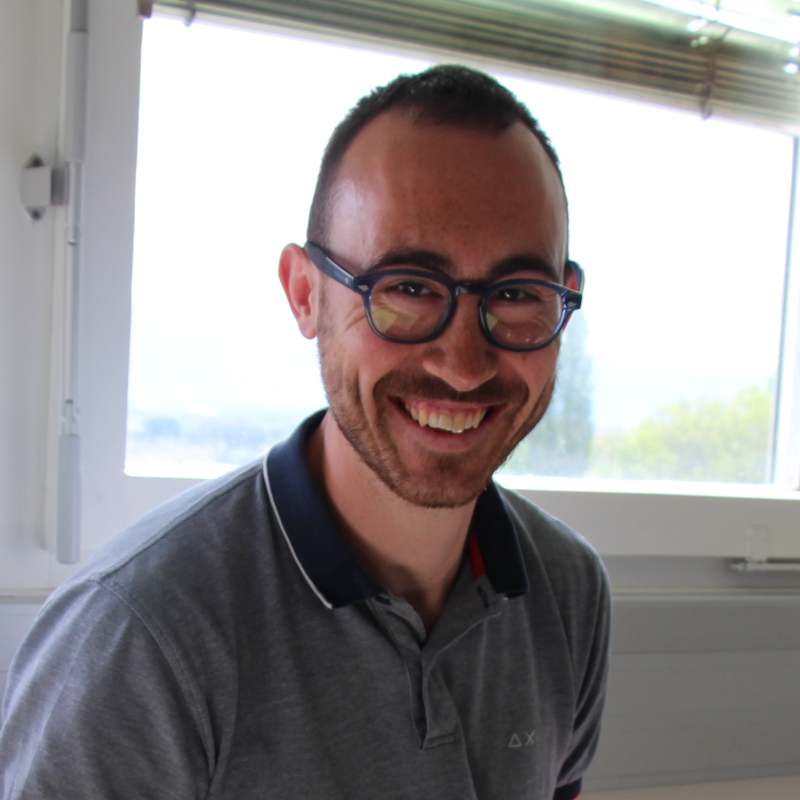 Francesco Vaselli | Scuola Normale Superiore & INFN Pisa
Francesco Vaselli | Scuola Normale Superiore & INFN Pisa
Francesco is a PhD student in Physics at Scuola Normale Superiore and INFN in Pisa, Italy, where he was born. As an active member of the CMS Experiment, he has been contributing to the collaboration's research efforts since his Master's thesis. His current focus lies in developing novel machine learning techniques for physics simulation, particularly through his involvement in the CMS FlashSim project, which aims to create an end-to-end simulation framework based on Normalizing Flows. As a curious and open-minded individual, Francesco enjoys sharing his passion for machine learning with diverse audiences, sparking discussions and fostering a deeper understanding of this exciting field. Having participated in the tCSC's program in the past, he's now excited to return as a lecturer, bringing his expertise and enthusiasm to the program.
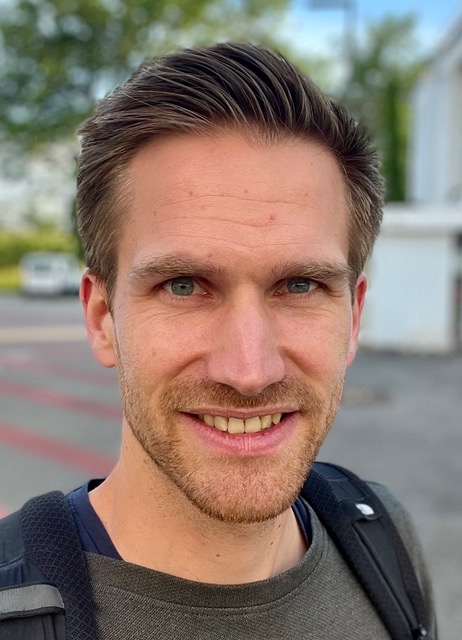 Michael Schenk | CERN
Michael Schenk | CERN
Michael earned his PhD in particle beam dynamics from École Polytechnique Fédérale de Lausanne (EPFL) in 2019 and continued as a postdoc focusing on machine learning applications in beam lifetime predictions. He is now a staff scientist at CERN where he develops algorithms and automated solutions for particle accelerator operations. His research interests include sample-efficient reinforcement learning and Bayesian optimization.
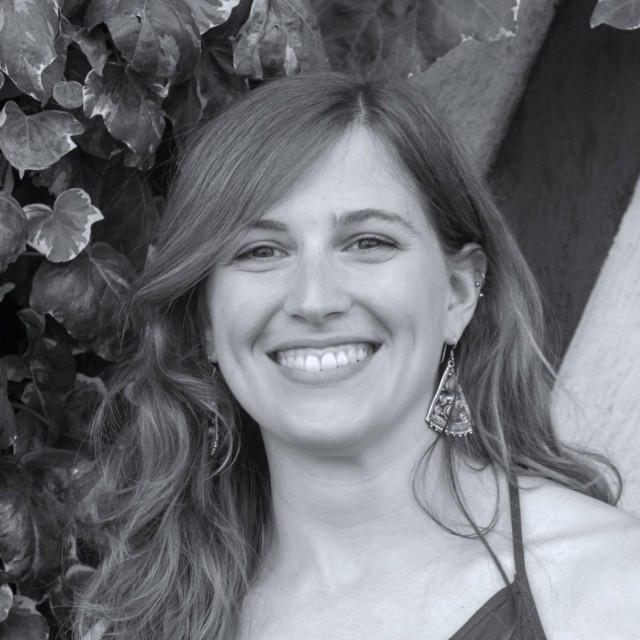 Ilaria Louise | CERN
Ilaria Louise | CERN
Ilaria works as a physicists within the Innovation Division at the CERN IT-Department. Her background is in high energy physics and big data management. After her PhD and a post-doc in ATLAS, she is now one of the main developers of the AtmoRep project, which aims at exploring the potential of foundation models and large scale Machine Learning for weather and climate forecasting, in collaboration with other European partners. Her research interests focus also on machine learning based digital twins and uncertainty propagation in machine learning.